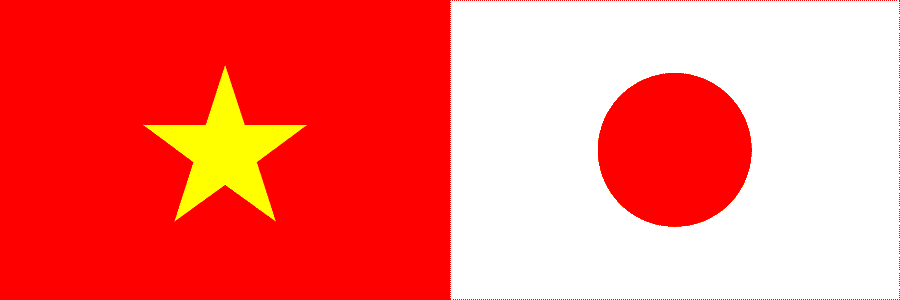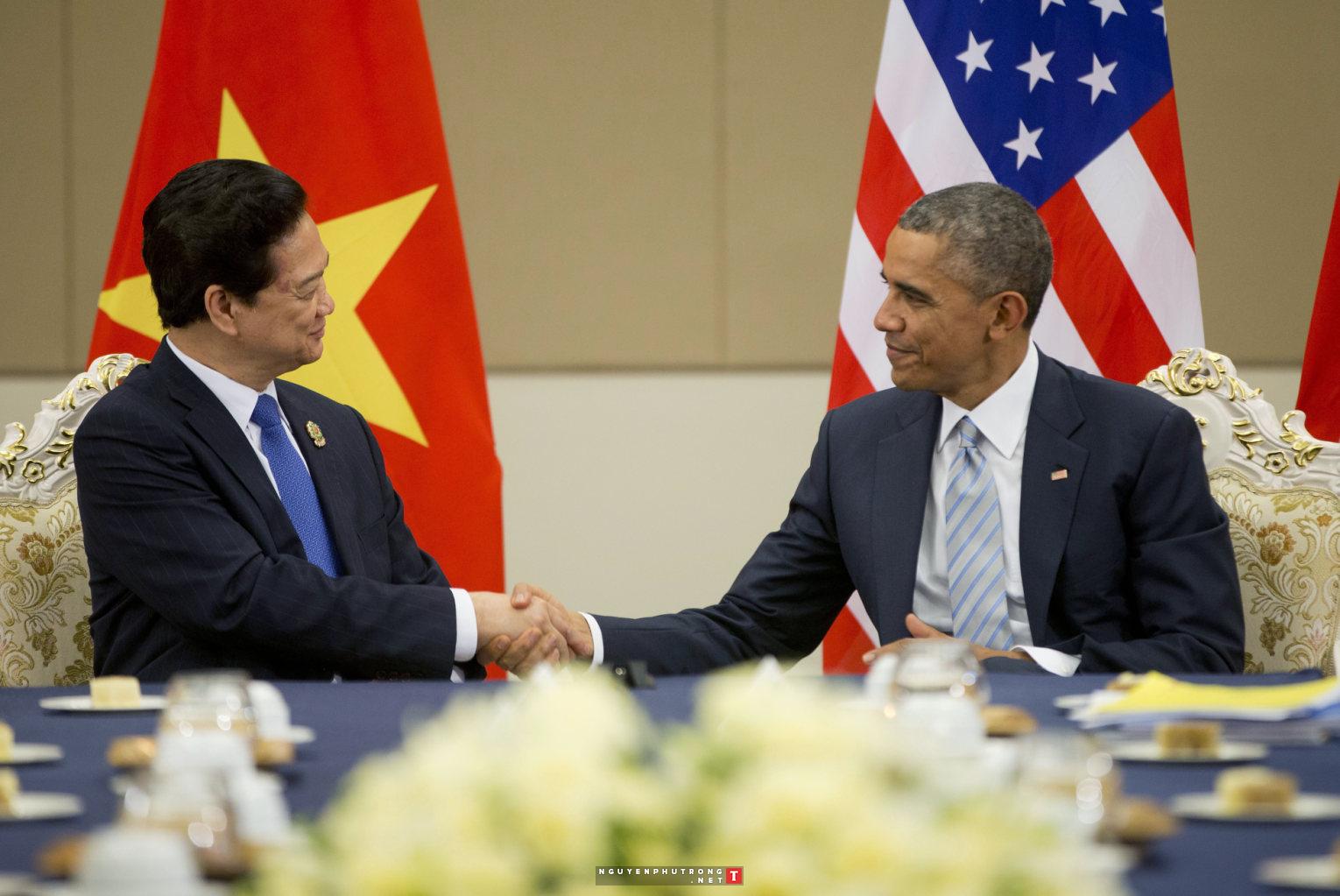In accordance with the statistics from the Ministry of Planning and Investment (MPI), accumulating to the end of May 2014, Japan is still the leading investor into Vietnam, with more than USD 35,57 billion registered for investment. Following Japan are Korea and Singapore, with the respective gross figures of USD 31,01 billion and USD 30,33 billion.
The gross FDI capital invested into Vietnam from Japan is not significant larger than investment from Singapore and Korea . However, taking into consideration of the economic potential of Japan and Japanese companies which are perceived much higher than Singapore and Korea’s counterparts, it appears that the FDI from Japan has a lot potential.
The MPI expects the FDI capital from Japan might increase strongly in the next period. A few investment sectors which Japanese business shall keep on focusing in the next period are the pharmaceutical and chemical industry, steel and metal production, machine in general and other electronic devices, devices of transportation sector, wholesale and retail.
The reasons for the above mentioned expectation are:
First, after many natural catastrophes such as earthquakes, tsunamis, Japanese businesses has acknowledged that focusing too much in one investment location might has its risks. Therefore, to diversify the investment is to divide the risks, too. Many Japanese companies have been identifying the new destinations for investment.
Second, China has always been one of the most FDI-attractive nations of Japan. But the increasing cost for labour and in contrast the decrease in incentive from Chinese Government for foreign investors, along with many tensions between Japan and China regarding border and territorial issues have been cooling down the interest of Japan investors. Pursuant to the annual survey report of the Commercial Promotion Agency of Japan, for production companies of Japan currently operating in Indonesia, Malaysia, Philippines, Singapore, Thailand, Vietnam and India, with the relocation of investment destination, amongst those above mentioned nations, Vietnam has been rated best by most Japanese companies, with the percentage of 20,5%, 2,8 times higher than the nation in the following spot which is Thailand.
Third and finally, the commitment on strategic partnership and the implementation of incentives attracting investment, such as the establishment and development of the Industrial Zone for business supporting industry in Ba Ria – Vung Tau and HaiPhong, shall come fruity in the near future.









 Numerous foreign investors relocating factorties to Long An (Vietnam) to set up business and take advantage of young and low cost workforce.
Numerous foreign investors relocating factorties to Long An (Vietnam) to set up business and take advantage of young and low cost workforce.











.jpg)
.jpg)
.jpg)
